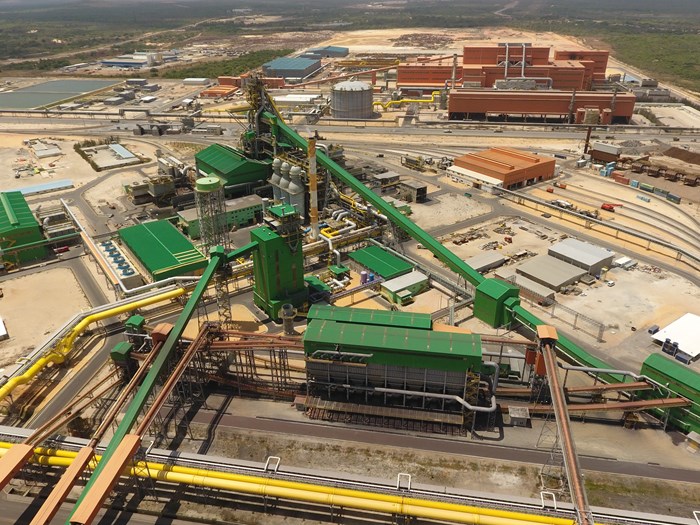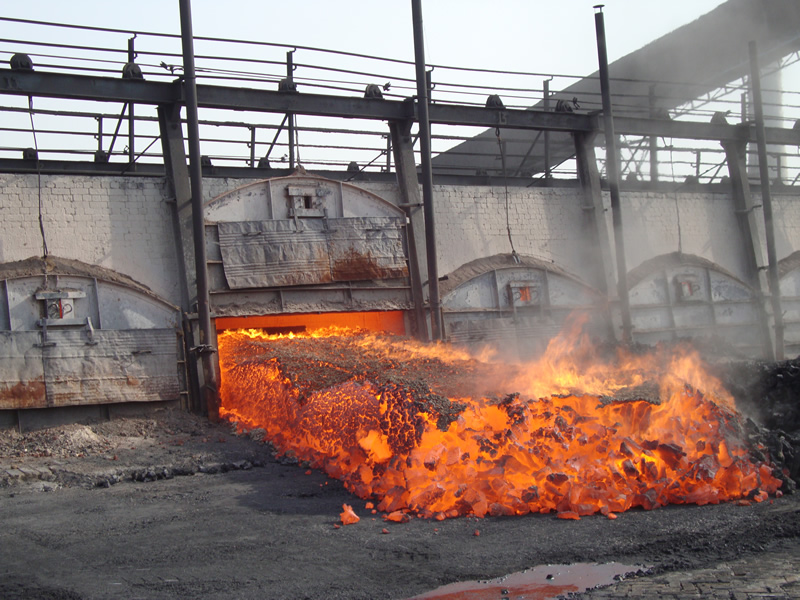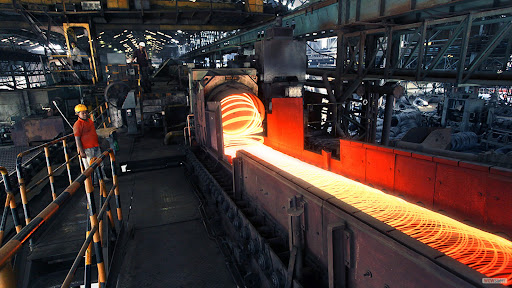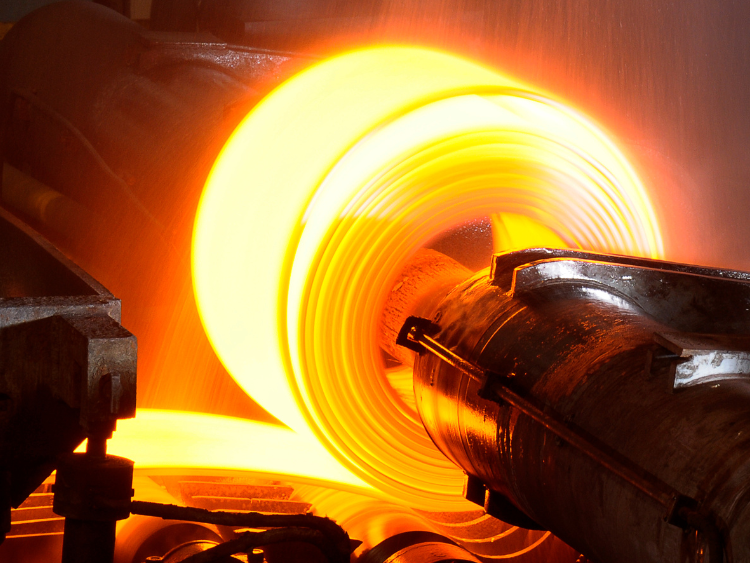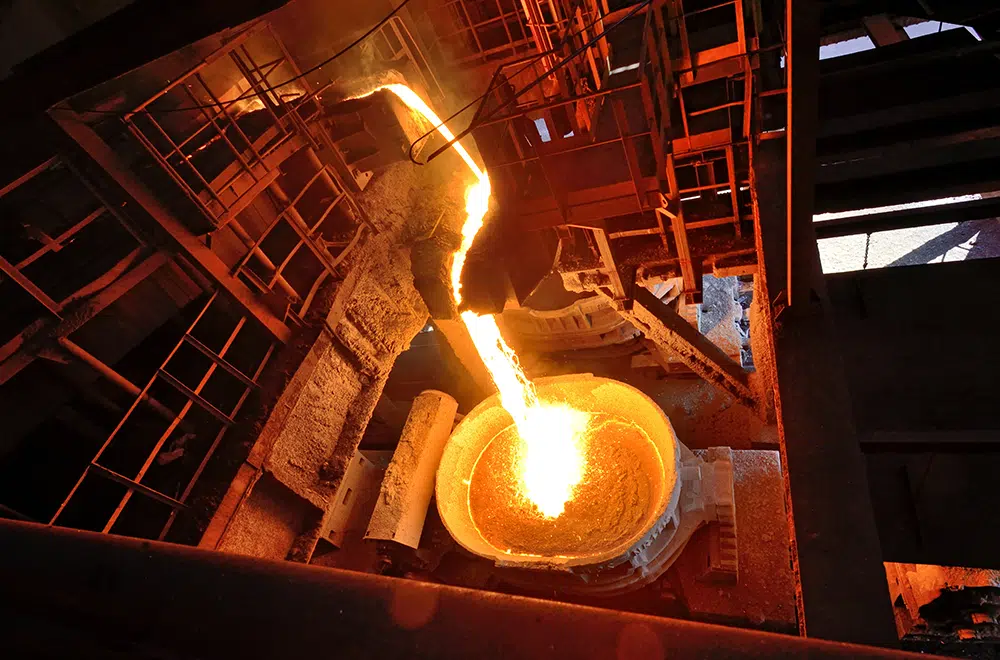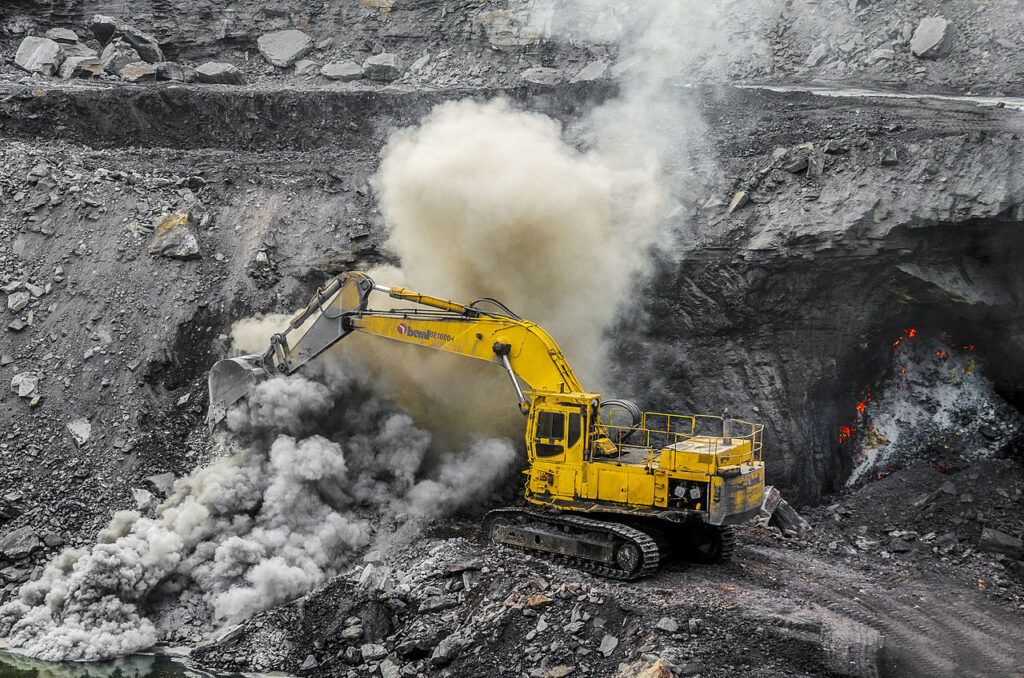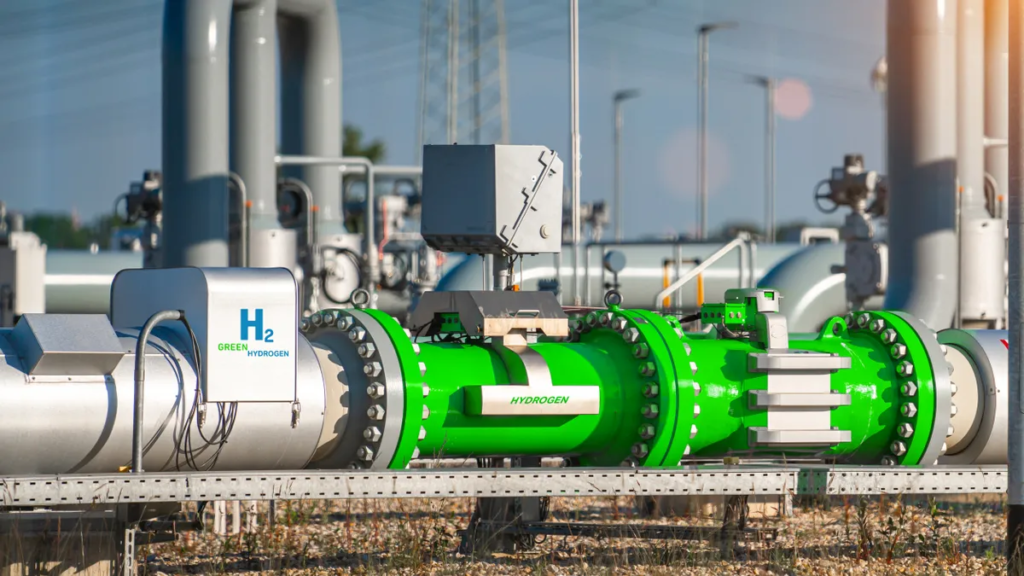Brazilian steel production is likely to face another hard year in 2024 as traders and producers forecast imported goods will continue to be dumped into the South American nation. The Brazilian steel sector is expected to produce 31.35mn metric tonnes (t) of raw steel in 2023 — an 8pc drop from 2022 that comes amid several setbacks caused by rising imports, mainly from Asian countries, according to the national steel industry body Instituto Aco Brasil.
In November, Aco Brasil said the country is expected to see a 3pc decrease in crude steel production in 2024 compared to 2023. Steel imports in 2024 are expected to rise by 20pc to 5.9mn t. Aco Brasil is lobbying the government for an increase in antidumping duties — from the current 9.6pc rate to a 25pc tax on imported steel — that would temporarily help protect the domestic industry. Talks on the matter are advancing, Aco Brasil said, and they expect the government to rule on it by early next year.
Brazil’s development, industry, trade, and services ministry said it received the request from Aco Brasil and has submitted it for public consultation and analysis by its technical staff, but there is no scheduled date for a decision. This lobbying effort comes at a time when Chinese steel exports are on the rise. Total Chinese exports rose by 43pc to 8.01mn t in November from a year earlier, according to Chinese customs data published early December, and from January-November are up by 36pc to 82.66mn t from that same time a year earlier.
Brazilian bank BTG Pactual said there appears to be little reason for optimism in the sector, with domestic shipments for long and flat steels down year-on-year, with import penetration remaining as “a significant concern.” Rising imports, largely from China, has undercut Brazilian steel production through lower prices, likely “pressuring mills’ margins going forward,” BTG Pactual added in another report. Brazil’s 2023 steel imports are expected to rise by 48.6pc to 4.9mn t versus 2022, 57pc of which originated in China, according to Aco Brasil.
Some of Brazil’s domestic steel consuming industries are also under pressure. Brazilian auto manufactures, for example, are losing their share of the Latin American market to Asian countries, and are unlikely to recover the pace in 2024. Chinese companies’ share of Latin American vehicle market sales rose to 21.2pc in the last decade, making it the largest supplier, up from 4.6pc, according to Anfavea, Brazil’s vehicle association.
Brazilian heavy vehicles exports are expected to remain flat in 2024 despite plans by manufactures to produce 30pc more vehicles than in 2023, for example. Brazil’s development, industry, trade, and services ministry also said the government will launch a new industry policy in the coming weeks aimed at making the country’s industries “more competitive,” without giving further details.
“We need every joint effort from companies and society to increase our productivity,” Anfavea’s chief Marcio de Lima Leite said. But even with such efforts, domestic auto production will not rebound to pre-pandemic levels until 2026 at the earliest, Leite added.

